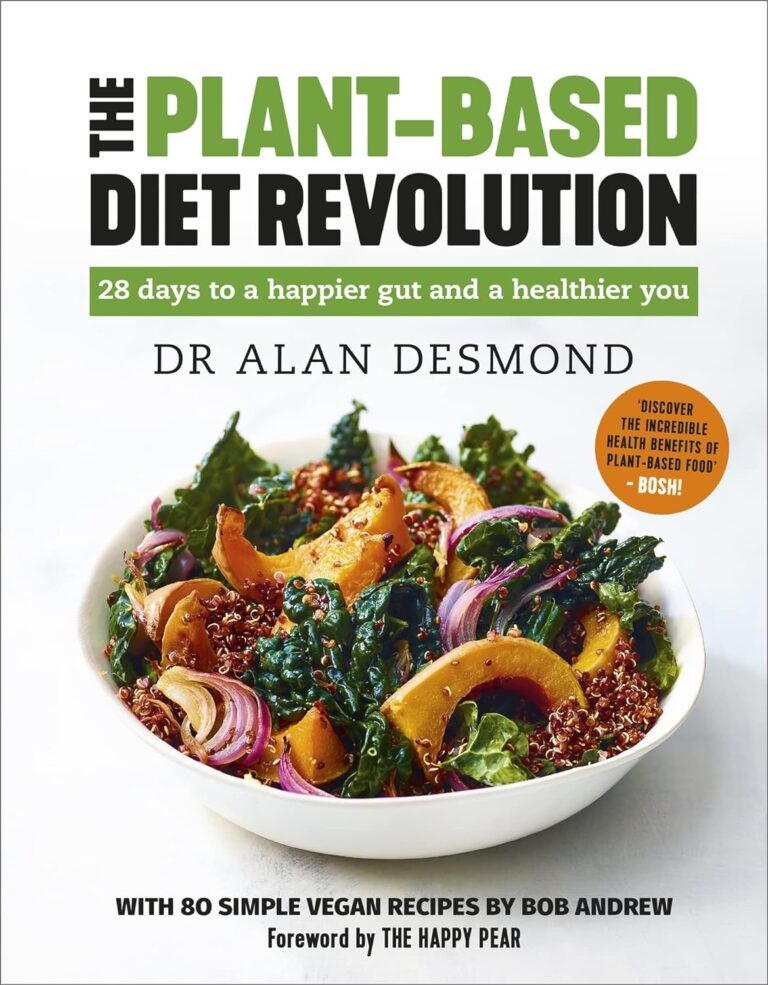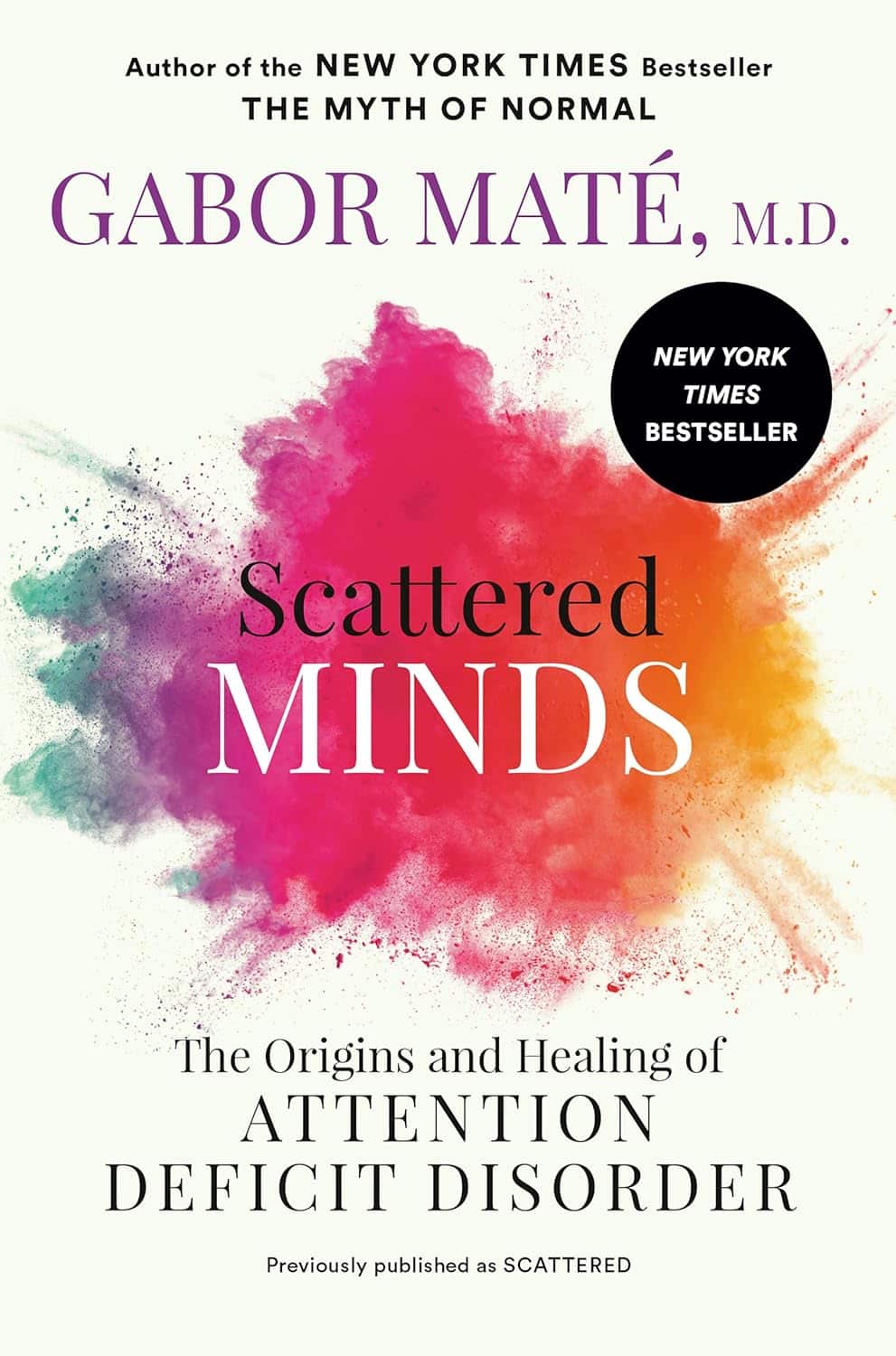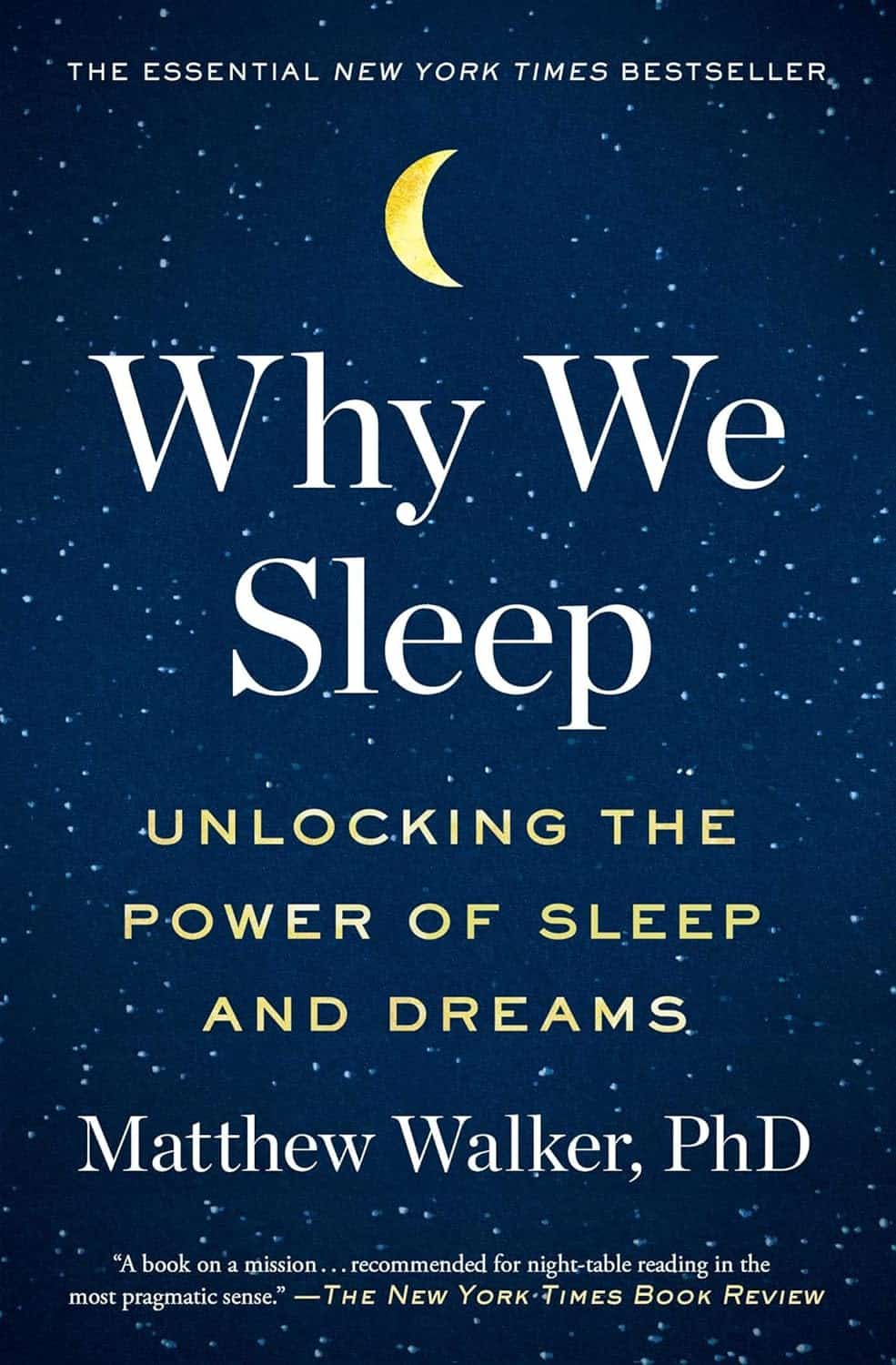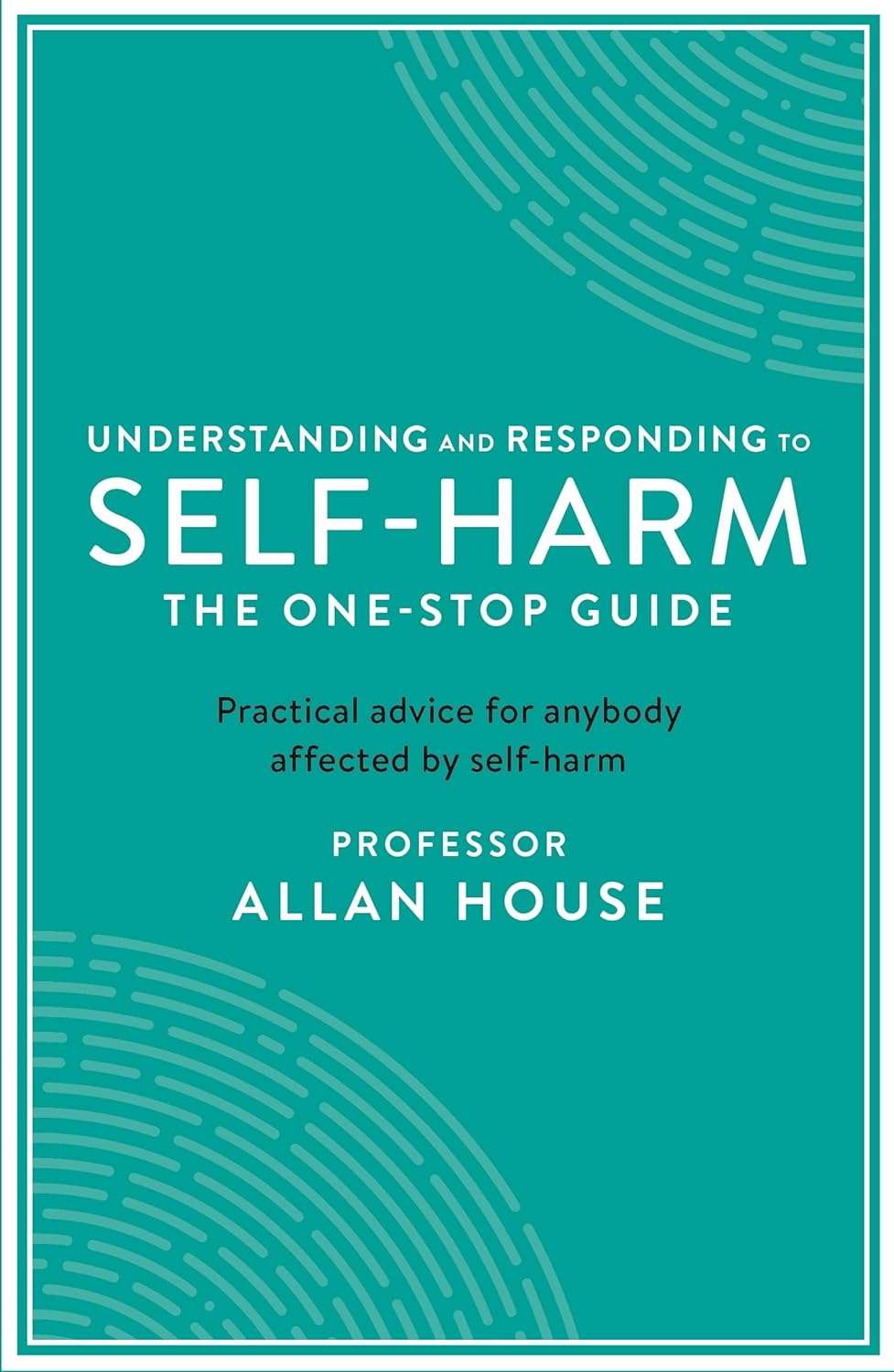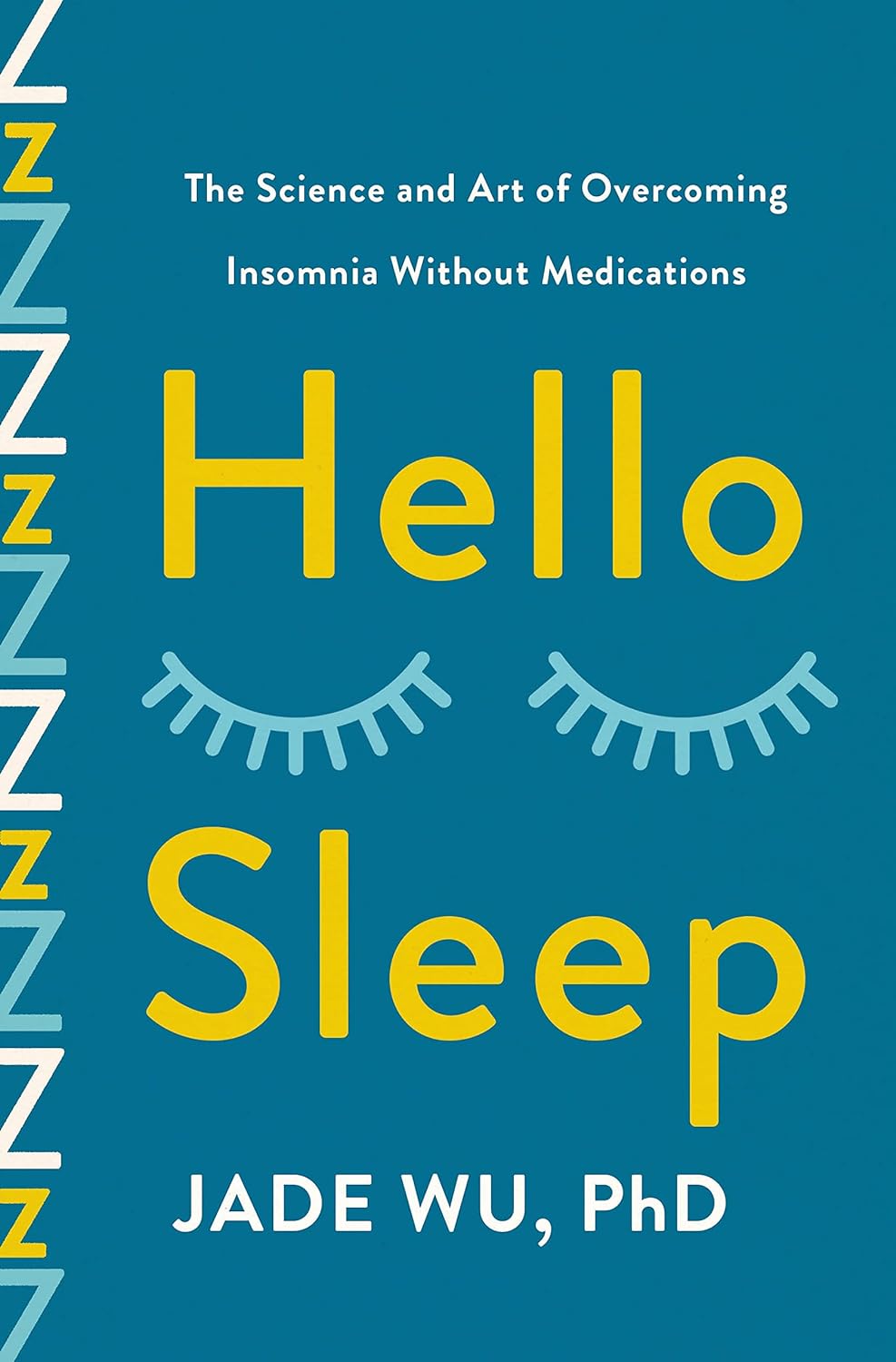
Hello Sleep – by Dr. Jade Wu
10almonds is reader-supported. We may, at no cost to you, receive a portion of sales if you purchase a product through a link in this article.
We’ve reviewed other sleep books before, so what makes this one stand out?
Mostly, it’s because this one takes quite a different approach.
While still giving a nod to the sensible advice you’ve already read in many places (including here at 10almonds), Dr. Wu looks to help the reader avoid falling into the trap (or: help the reader get out of the trap, if already there) of focussing so much on getting better sleep that it becomes an all-consuming stressor that takes up much of the day thinking about it, and guess what, much of the night too, because you’re busy working out how sleep-deprived you’re going to be tomorrow.
Instead, Dr. Wu recommends to work with your body rather than against it, worry less, and ultimately sleep better. Of course, the “how” of this is what makes most of the book.
She does also give chapters on things that may be different for you, based on such things as hormones, age, or medical conditions.
The writing style is pop-science but with frequent references to scientific papers as appropriate, making good science very accessible.
Bottom line: if you’ve tried everything else and/but good sleep still eludes you, this book will help you to end the battle and make friends with your sleep (a metaphor the author uses throughout the book, by the way).
Click here to check out Hello Sleep, and indeed get better sleep!
Don’t Forget…
Did you arrive here from our newsletter? Don’t forget to return to the email to continue learning!
Recommended
Learn to Age Gracefully
Join the 98k+ American women taking control of their health & aging with our 100% free (and fun!) daily emails:
-
Scattered Minds – by Dr. Gabor Maté
10almonds is reader-supported. We may, at no cost to you, receive a portion of sales if you purchase a product through a link in this article.
This was not the first book that Dr. Maté sat down to write, by far. But it was the first that he actually completed. Guess why.
Writing from a position of both personal and professional experience and understanding, Dr. Maté explores the inaptly-named Attention Deficit Disorder (if anything, there’s often a surplus of attention, just, to anything and everything rather than necessarily what would be most productive in the moment), its etiology, its presentation, and its management.
This is a more enjoyable book than some others by the same author, as while this condition certainly isn’t without its share of woes (often, for example, a cycle of frustration and shame re “why can’t I just do the things; this is ruining my life and it would be so easy if I could just do the things!”), it’s not nearly so bleak as entire books about trauma, addiction, and so forth (worthy as those books also are).
Dr. Maté frames it specifically as a development disorder, and one whereby with work, we can do the development later that (story of an ADHDer’s life) we should have done earlier but didn’t. In terms of practical advice, he includes a program for effecting this change, including as an adult.
The style is easy-reading, in small chapters, with ADHD’d-up readers in mind, giving a strong sense of speeding pleasantly through the book.
Bottom line: when it’s a book by Dr. Gabor Maté, you know it’s going to be good, and this is no exception. Certainly read it if you, anyone you care about, or even anyone you just spend a lot of time around, has ADHD or similar.
Click here to check out Scattered Minds, and unscatter yours!
Share This Post
-
Life Extension Multivitamins vs Centrum Multivitamins – Which is Healthier
10almonds is reader-supported. We may, at no cost to you, receive a portion of sales if you purchase a product through a link in this article.
Our Verdict
When comparing Life Extension Multivitamins to Centrum Multivitamins, we picked the Life Extension.
Why?
The clue here was on the label: “two per day”. It’s not so that they can sell extra filler! It’s because they couldn’t fit it all into one.
While the Centrum Multivitamins is a (respectably) run-of-the-mill multivitamin (and multimineral) containing reasonable quantities of most vitamins and minerals that people supplement, the Life Extension product has the same plus more:
- More of the vitamins and minerals; i.e. more of them are hitting 100%+ of the RDA
- More beneficial supplements, including:
- Inositol, Alpha lipoic acid, Bio-Quercetin phytosome, phosphatidylcholine complex, Marigold extract, Apigenin, Lycopene, and more that we won’t list here because it starts to get complicated if we do.
We’ll have to write some main features on some of those that we haven’t written about before, but suffice it to say, they’re all good things.
Main take-away for today: sometimes more is better; it just necessitates then reading the label to check.
Want to get some Life Extension Multivitamins (and/or perhaps just read the label on the back)? Here they are on Amazon
PS: it bears mentioning, since we are sometimes running brands against each other head-to-head in this section: nothing you see here is an advertisement/sponsor unless it’s clearly marked as such. We haven’t, for example, been paid by Life Extension or any agent of theirs, to write the above. It’s just our own research and conclusion.
Share This Post
-
The Magic of L-theanine
10almonds is reader-supported. We may, at no cost to you, receive a portion of sales if you purchase a product through a link in this article.
All The Benefits Of Caffeine And More, Without The Drawbacks? What’s The Catch?
It just takes one extra supplement.
For many of us, our morning brew is practically a ritual, but caffeine can also cause all kinds of problems ranging from caffeine jitters to caffeine crashes to caffeine addiction and withdrawal. Surely, something could be better?
Well, yes it could! You doubtlessly know about green tea’s antioxidant properties, but its amino acid, l-theanine (which can be taken as a supplement with coffee, if you don’t enjoy green tea) has so much more to offer:
- L-theanine has been found to reduce stress responses—and let’s face it, when we most want/need a coffee is often when facing stress
- It also reduces anxiety, making it a very safe “downer” without the problems of, for example, alcohol—or other potentially addictive substances
- It’s far more than just that, though! Paradoxically, l-theanine also improves alertness (what other calming things promote alertness? Not so many)
- Part of its trick is that it also improves accuracy—whereas stimulants like caffeine may produce a twitchy, jumpy, responsiveness, l-theanine’s signature effect is a calm state of sharp readiness. Caffeine works by stimulating the adrenal gland and increasing blood pressure, while simultaneously blocking adenosine receptors so that your body doesn’t notice its own tiredness—which is why you’re likely to crash later, when the tiredness that had been masked, all hits at once. Instead, l-theanine taken with caffeine acts as a moderator of that, making for a longer, gentler curve. In terms of subjective experience, what this can mean for many people is: no more caffeine jitters!
- All this means that while l-theanine can boost all kinds of cognitive function, including alertness and accuracy, many like to take in the evening as it can also promote a good night’s sleep, ready to be at your best the next day.
- How much to take? 200mg is a commonly used dosage, which in supplement terms is usually a single capsule. A lot easier to take than the 40 cups of green tea that this dosage would otherwise be!
Share This Post
Related Posts
-
Why We Sleep – by Dr Matthew Walker
10almonds is reader-supported. We may, at no cost to you, receive a portion of sales if you purchase a product through a link in this article.
- We all know sleep is important.
- We all know that without it, we’ll suffer rapid cognitive decline.
- We all know approximately what we’re supposed to do to get good sleep.
So what does this book bring to the table? Mostly, deep understanding (written from the perspective of a career in sleep science) presented in such a way as to be applicable, by you, in your life. Stop sabotaging yourself before you even get out of your bed in the morning!
Hustle culture champions early mornings and late nights, and either or both of those might be difficult to avoid. But to make what you’re doing sustainable, you’re going to have to make some informed decisions about looking after your #1 asset—you!
Dr. Walker writes in a clear and accessible fashion, without skimping on the hard science, and always with practical application in mind. All in all, we can’t recommend this one enough.
Don’t Forget…
Did you arrive here from our newsletter? Don’t forget to return to the email to continue learning!
Learn to Age Gracefully
Join the 98k+ American women taking control of their health & aging with our 100% free (and fun!) daily emails:
-
Tranquility by Tuesday?
10almonds is reader-supported. We may, at no cost to you, receive a portion of sales if you purchase a product through a link in this article.
I Know How She Does It: How Successful Women Make The Most of Their Time
This is Laura Vanderkam, author of “Tranquility By Tuesday” (amongst other books). Her “thing” is spending more time on what’s important, and less on what isn’t. Sounds simple, but she’s made a career out of it, so condensed here for you are…
Laura’s 7 Keys To Productivity
Key One: Plan your weeks on Fridays
You don’t want your Monday morning to be a “James Bond intro” (where everything is already in action and you’re just along for the ride, trying to figure out what’s going on). So, take some time last thing each Friday, to plan ahead for the following week!
Key Two: Measure what matters
Whatever that means to you. Laura tracks her use of time in half-hour blocks, and likes keeping track of streaks. For her, that means running daily and keeping a log of it. She also keeps track of the books she reads. For someone else it could be music practice, or a Duolingo streak, or eating fruit each day.
On which note…
“Dr. Greger’s Daily Dozen” is simpler than most nutrition trackers (where you must search for everything you eat, or scan barcodes for all ingredients).
Instead, it keeps track of whether you are having certain key health-giving foods often enough to maintain good health.
We might feature his method in a future edition of 10almonds, but for now, check the app out for yourself here:
Get Dr. Greger’s Daily Dozen on iOS / Get Dr. Greger’s Daily Dozen on Android
Dr. Greger’s Daily Dozen @ Nutrition Facts
Key Three: Figure out 2–3 “anchor” events for the weekend
Otherwise, it can become a bit of a haze and on Monday you find yourself thinking “where did the weekend go?”. So, plan some stuff! It doesn’t have to be anything out-of-this-world, just something that you can look forward to in advance and remember afterwards. It could be a meal out with your family, or a session doing some gardening, or a romantic night in with your partner. Whatever makes your life “living” and not passing you by!
Key Four: Tackle the toughest work first
You’ve probably heard about “swallowing frogs”. If not, there are various versions, usually attributed to Mark Twain.
Here’s one:
“If it’s your job to eat a frog, it’s best to do it first thing in the morning. And if it’s your job to eat two frogs, it’s best to eat the biggest one first.”
Top Productivity App “ToDoist” has an option for this, by the way!
Laura’s key advice here is: get the hard stuff done now! Before you get distracted or tired and postpone it to tomorrow (and then lather rinse repeat, so it never gets done)
10almonds Tip:
“But what if something’s really important but not as pressing as some less important, but more urgent tasks?”
Simple!
Set a timer (we love the Pomodoro method, by the way) and do one burst of the important-but-not-urgent task first. Then you can get to the more urgent stuff.
Repeat each day until the important-but-not-urgent task is done!
The 10almonds Team
Key Five: Use bits of time well
If, like many of us, you’ve a neverending “to read” list, use the 5–10 minute breaks that get enforced upon us periodically through the day!
- Use those few minutes before a meeting/phonecall!
- Use the time you spend waiting for public transport or riding on it!
- Use the time you spent waiting for a family member to finish doing a thing!
All those 5–10 minute bits soon add up… You might as well spend that time reading something you know will add value to your life, rather than browsing social media, for example.
Key Six: Make very short daily to-do lists
By “short”, Laura considers this “under 10 items”. Do this as the last part of your working day, ready for tomorrow. Not at bedtime! Bedtime is for winding down, not winding up
Key Seven: Have a bedtime
Laura shoots for 10:30pm, but whatever works for you and your morning responsibilities. Your morning responsibilities aren’t tied to a specific time? Lucky you, but try to keep a bedtime anyway. Otherwise, your daily rhythm can end up sliding around the clock, especially if you work from home!
Don’t Forget…
Did you arrive here from our newsletter? Don’t forget to return to the email to continue learning!
Learn to Age Gracefully
Join the 98k+ American women taking control of their health & aging with our 100% free (and fun!) daily emails:
-
Understanding and Responding to Self-Harm – by Dr. Allan House
10almonds is reader-supported. We may, at no cost to you, receive a portion of sales if you purchase a product through a link in this article.
Whether it’s yourself, or (statistically much more likely) a loved one, it’s common to be faced with the deeply unpleasant reality of self-harm. This is a case where most definitely, “forewarned is forearmed”.
Dr. House covers not just the “what” and “why” of self-harm, but also the differences between suicidal and non-suicidal self-harm, as well as the impulsive and the planned.
Stylistically, the book is well-written, well-edited, and well-formatted. All this makes for easy reading and efficient learning.
Much of the book is, of course, given over to how to help in cases of self-harm. More specifically: how to approach things with both seriousness and compassion, and how to help in a way that doesn’t create undue pressure.
Because, as Dr. House explains and illustrates, a lot of well-meaning people end up causing more harm, by their botched attempts to help.
This book looks to avoid such tragedies.
Bottom line: if you’d rather know these things now, instead of wishing you’d known later, then this book is the one-stop guide it claims to be.
Click here to check out Understanding and Responding to Self-Harm, and be prepared!
Don’t Forget…
Did you arrive here from our newsletter? Don’t forget to return to the email to continue learning!
Learn to Age Gracefully
Join the 98k+ American women taking control of their health & aging with our 100% free (and fun!) daily emails:

